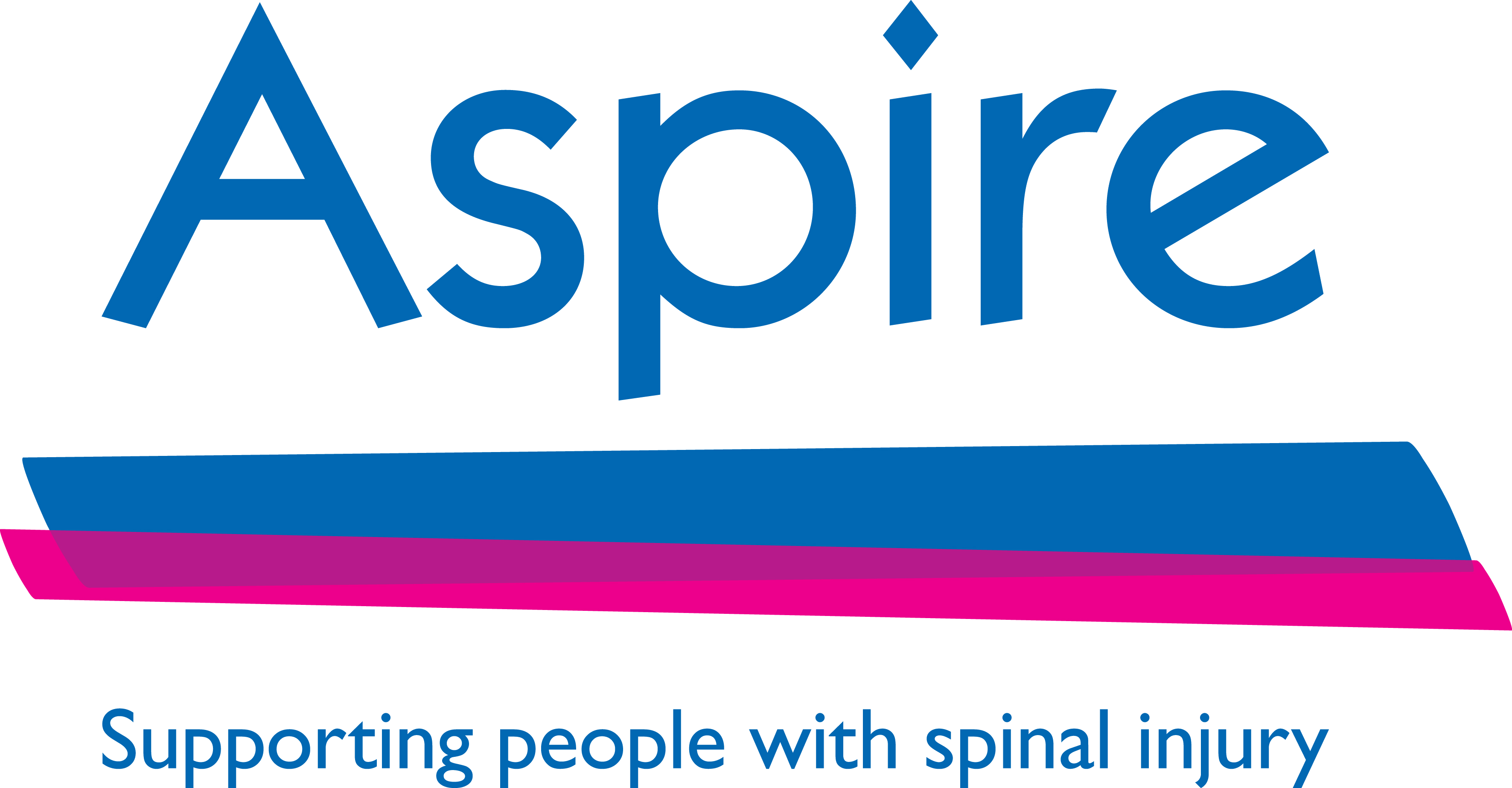Finances and benefits
Financial support for you
Money worries can create a heavy burden after a spinal cord injury (SCI), but help is available for you and your family.
Many people worry about their finances and how they will afford to live after sustaining a SCI. In hospital, we have all the equipment and services available for maximum comfort, accessibility and security. But once you leave, equipment to support the transition, such as a wheelchair, and ramps and a stairlift for your home, becomes essential.
A range of benefits, including universal credit and disabled facilities grants (DFGs), can offer the support needed to overcome financial obstacles.
Support from Aspire
If you feel confused or overwhelmed by the amount of support and information available you might want to speak to a specialist for help. Our trusted partner Aspire offer information and advice concerning all the grants and benefits listed below through their money matters, welfare benefits and housing advice services. Get in touch with Aspire’s housing team by emailing [email protected], calling 020 8420 6709 or visit their website for more information.
For more details regarding Aspire’s welfare benefits and money matters services click on the link below:
Find out more about Aspire Welfare benefits and money matters advice services
Personal independence payment (PIP)
PIP provides disabled people with extra income to support everyday life. The benefit is made up of two parts: mobility and daily living. You might be eligible for one or both if you fall under either of these categories:
- Mobility: if you need help getting around or going out.
- Daily living: if you need help with everyday tasks such as managing medication, communication, getting dressed, washing and making decisions.
More information about PIP is available from Aspire, see link above and on the Citizens Advice website.
Disabled facilities grants
DFGs provide financial support for home adaptations, such as widening and installing doors, making heating and lighting controls more user-friendly, and improving room accessibility with equipment like chair lifts.
It’s possible to apply direct by visiting the Government website here but the Aspire team will help maximise your chances of a successful application.
Housing costs and universal credit
The housing costs element of universal credit is designed to help people who are unemployed or have low incomes pay their rent. If a SCI affects your ability to work and generate enough income to pay rent, you may be entitled to this benefit.
The SCI charity, Aspire can provide more information and advice with regard to how to obtain help with your housing costs – see their details above.
Disabled band reduction scheme
You may be eligible for a reduction on your council tax bill if you or someone in your home is “substantially and permanently disabled”, and one of the following applies. You (or they):
- have a room (other than a bathroom, kitchen or toilet) that is used to meet your needs.
- have a second bathroom or kitchen used to meet your needs.
- have enough space in your home to use a wheelchair indoors.
If any of these apply, your council tax bill can be reduced to the next lowest band.
Check if you qualify for the disabled band reduction scheme here.
